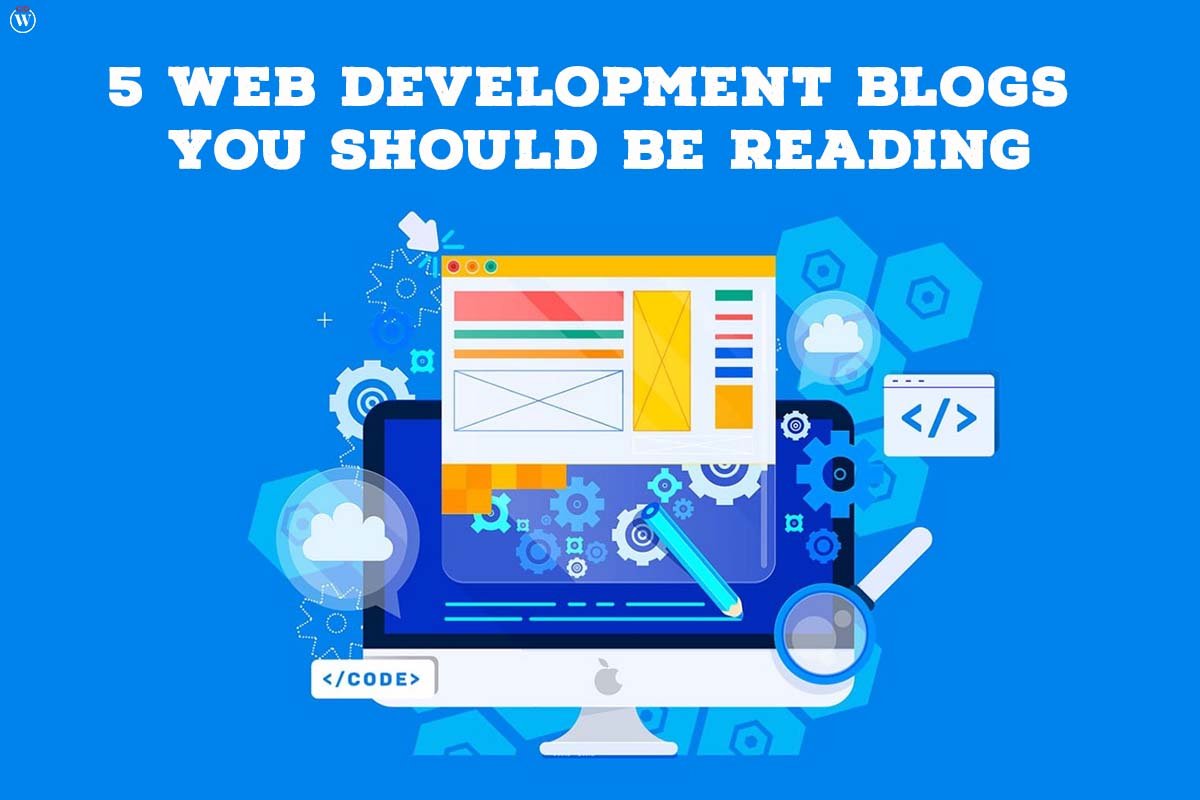Job interviews can be nerve-wracking, but with the right preparation, you can approach them with confidence. One of the best ways to prepare is by familiarising yourself with common interview questions. This allows you to think through your responses, highlight your strengths, and present yourself in the best light. In this article, we will explore the most common questions asked in a job interview and provide tips on how to answer them effectively.
Here Are The 9 Most Common Questions Asked In A Job Interview:
1. Tell Me About Yourself
This is often the first and most common question in a job interview and may seem straightforward, but it sets the tone for the rest of the conversation. Employers want to know more than your basic background—they’re looking to see how you present yourself and what aspects of your experience you think are important.
How to Answer:
- Focus on your professional background rather than personal details.
- Highlight your key achievements, relevant experience, and skills that align with the job you’re applying for.
- Structure your response with a brief overview of your past experiences, what you’re currently doing, and what you’re looking to achieve in the future.
- Keep it concise (2-3 minutes) and engaging.
Example: “I have over five years of experience in digital marketing, specializing in SEO and content strategy. In my previous role at XYZ Company, I increased website traffic by 30% through targeted content campaigns. I’m currently working as a freelance consultant but am eager to return to a full-time position where I can further develop my skills and contribute to a growing company like yours.”
2. Why Do You Want to Work Here?

Employers want to gauge your interest in the company and whether you’ve done your research. This question helps interviewers understand how well you align with their values, mission, and goals. You need to be prepared for such common questions asked in a job interview.
How to Answer:
- Research the company’s mission, values, and recent accomplishments.
- Tailor your answer to reflect what excites you about the company and how your skills can contribute to its success.
- Avoid generic answers—focus on specific aspects of the company that appeal to you.
Example: “I’m impressed by your commitment to innovation and sustainability, especially your recent initiative to reduce your carbon footprint. I’m passionate about working for a company that values environmental responsibility, and I believe my experience in project management would allow me to contribute to these efforts in a meaningful way.”
3. What Are Your Strengths?
This question allows you to showcase your abilities and what you bring to the table. Be prepared to discuss strengths that are relevant to the role and provide examples to back them up.
How to Answer:
- Focus on strengths that align with the job description.
- Provide examples of how your strengths have benefited previous employers or helped you achieve success.
- Avoid clichés—try to be specific about what makes you stand out.
Example: “One of my key strengths is my ability to manage complex projects under tight deadlines. In my previous role, I led a team that completed a product launch ahead of schedule while staying under budget. My organizational skills and attention to detail helped ensure that all deliverables were met on time.”
4. What Are Your Weaknesses?
These common questions asked in a job interview are designed to test your self-awareness and willingness to improve. The key is to discuss a weakness that won’t jeopardize your chances but shows that you’re committed to personal growth.
How to Answer:
- Choose a real weakness but frame it in a way that shows you’re working on improving it.
- Avoid answers like “I work too hard” or “I’m a perfectionist,” which can come off as insincere.
- Highlight steps you’ve taken to address the weakness.
Example: “In the past, I’ve struggled with delegating tasks because I prefer to ensure that everything is done correctly. However, I’ve learned that trusting my team and providing clear instructions leads to better results. I’ve been working on improving my delegation skills by focusing on effective communication and giving team members more ownership of their tasks.”
5. Where Do You See Yourself in Five Years?

Interviewers ask this question to understand your career goals and how they align with the company’s growth. They want to know if you’re in it for the long haul and whether the role fits your long-term ambitions.
How to Answer:
- Discuss your career aspirations and how the role aligns with your goals.
- Show that you’re committed to growth within the company.
- Avoid overly ambitious answers that might make you seem like a short-term employee.
Example: “In five years, I see myself taking on more leadership responsibilities within the company, potentially leading a team or managing larger projects. I’m excited about the opportunity to grow within an organization that values innovation and professional development, and I’m eager to contribute to the company’s long-term success.”
6. Why Should We Hire You?
This is your chance to make a strong case for why you’re the best candidate for the role. The interviewer wants to know what sets you apart from other applicants.
How to Answer:
- Focus on how your skills, experience, and accomplishments directly align with the requirements of the job.
- Emphasize the unique value you bring to the company.
- Be confident but not arrogant—this is about showcasing how you can solve their problems.
Example: “With my extensive experience in digital marketing, particularly in SEO and content strategy, I’m confident that I can help increase your online presence and drive more traffic to your website. I’ve consistently delivered measurable results in my previous roles, and I’m excited about the opportunity to bring that same level of success to your team.”
7. Describe a Time When You Faced a Challenge at Work and How You Overcame It
Behavioral questions like this are designed to assess how you handle adversity and solve problems. Employers want to see how you think on your feet and learn from difficult situations.
How to Answer:
- Use the STAR method: Situation, Task, Action, Result.
- Focus on a specific example that demonstrates your problem-solving skills.
- Highlight the positive outcome and what you learned from the experience.
Example: “In my previous role, our team was behind schedule on a major project due to a vendor delay. I took the initiative to find an alternative supplier who could meet our timeline without compromising quality. By coordinating closely with the new vendor and adjusting our internal processes, we were able to deliver the project on time and exceed client expectations.”
8. How Do You Handle Pressure or Stressful Situations?

Many jobs come with high levels of stress, and employers want to ensure you can manage it effectively without burning out or losing focus.
How to Answer:
- Discuss specific strategies you use to manage stress, such as prioritization, time management, or mindfulness techniques.
- Provide examples of how you’ve successfully navigated stressful situations in the past.
- Emphasize your ability to stay calm and focused under pressure.
Example: “I handle stress by staying organized and breaking down tasks into manageable steps. In my previous job, I often had to juggle multiple deadlines at once. By prioritizing tasks and staying focused on the most critical ones, I was able to deliver high-quality work without feeling overwhelmed.”
9. Do You Have Any Questions for Us?
This is typically one of the common questions asked in a job interview, and it’s your opportunity to show that you’re genuinely interested in the role and the company. It also allows you to gather information to help you make an informed decision if you’re offered the job.
How to Answer:
- Prepare thoughtful questions that show you’ve done your research.
- Ask about the company culture, team dynamics, or opportunities for growth and development.
- Avoid questions about salary or benefits at this stage unless the interviewer brings it up.
Example Questions:
- “Can you tell me more about the team I’d be working with?”
- “How do you measure success in this role?”
- “What opportunities are there for professional development and advancement within the company?”
Conclusion
Preparing for a job interview can feel daunting, but understanding common questions asked in a job interview and crafting thoughtful responses can boost your confidence and improve your chances of success. Focus on tailoring your answers to highlight your strengths, experiences, and how they align with the company’s needs. With the right preparation, you’ll be well-equipped to make a great impression and secure the job you’re aiming for.









